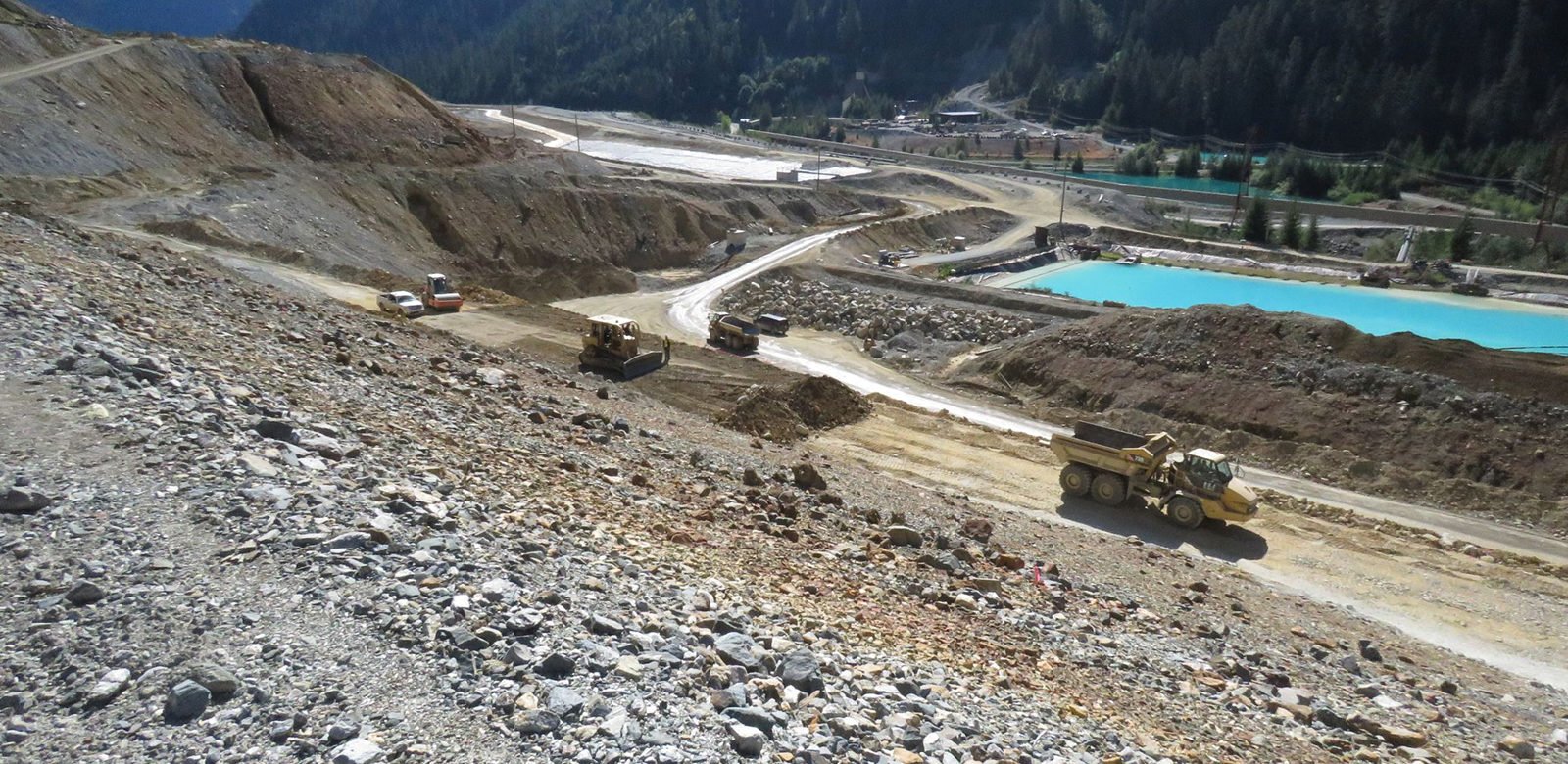Myra Falls Mining Pollution
During the 1970’s the Myra Falls mining operation was protested by locals as they were concerned that waste that the mine was producing. Most of the toxic waste from Myra Falls was being dumped into Buttle Lake on Vancouver Island. During the mines time, local fish populations and plant species began to drastically dwindle. People were concerned that the water was becoming too polluted and would eventually cause major issues for the people of Vancouver.
Luckily, the people were heard and during the 90’s and early 2000’s Buttle Lake was cleaned up and the mining operation was stopped. It was determined that the metals from the mining operation were leaking into the lake making it very acidic and thus killing most of the life in the lake.
Overall, this event could have turned out much worse that it did. Thanks to the strong actions of the people, the mining operation was stopped before it could do any serious damage. At its worst point, the pollution only affected locals as they commonly used the lake as fishing ground and for water usage. However, given that Vancouver Island is covered in small interconnected waterways, it was very likely that the pollution from the lake would have eventually leaked out into some of the major water ways or Vancouver Bay.
If the acidic pollution were to potentially leak into the Bay, Vancouver could have faced drastic marine ecosystem collapse as these ecosystems could not handle the more acidic water. If this were to happen, Vancouver could have faced huge health risks in their water and potentially killed much of the marine life around them.
A6: Politics
Clean Drinking Water
One of the many benefits of Vancouver is the abundance of clean drinking water. While this aspect is often taken for granted, most people in Vancouver never have to worry about easy to access clean water. Most of Vancouver’s freshwater is collected into three major reservoirs on the outskirts of the city. They rely on the snowmelt, rainfall, and freshwater runoff that occurs in the the surrounding mountain range. Luckily, Vancouver has taken good care of its surrounding ecosystems so they have little contamination or pollution in them.
However, there are some potential issues that the city is currently facing. With climate change becoming a more prevalent issue than ever before, the city is having trouble keeping a steady supply of fresh water available for the public. Vancouver is known for having heavy rainfall in the winter and long periods of droughts in the summer. In order to accommodate for this, the city relies heavily on snowmelt to provide freshwater for the people during the summer. However, climate change is drastically reducing the amount of snow that forms in the mountains and thus reduces the amount of freshwater that is available during the summer.
Vancouver’s Missing Waterways
Throughout the city of Vancouver there are dozens of streams and small rivers that have been covered up by the urban infrastructure that laid the ground work for the city today. When first being developed, the city did not know how to work around the waterways, so their solution was to simply cover it up and build over it.
Overall, these streams have many benefits to the city that are going unnoticed. One of the most significant is that the streams could be a potential solution to the common flooding that Vancouver faces. By uncovering these streams, it would provide more places for runoff water to go to instead of simple clogging the streets and pipes in the city. Additionally, the streams are an excellent resource to improve social health for the people. The streams provide key locations that can be developed solely for green projects and recreational areas for the public.







